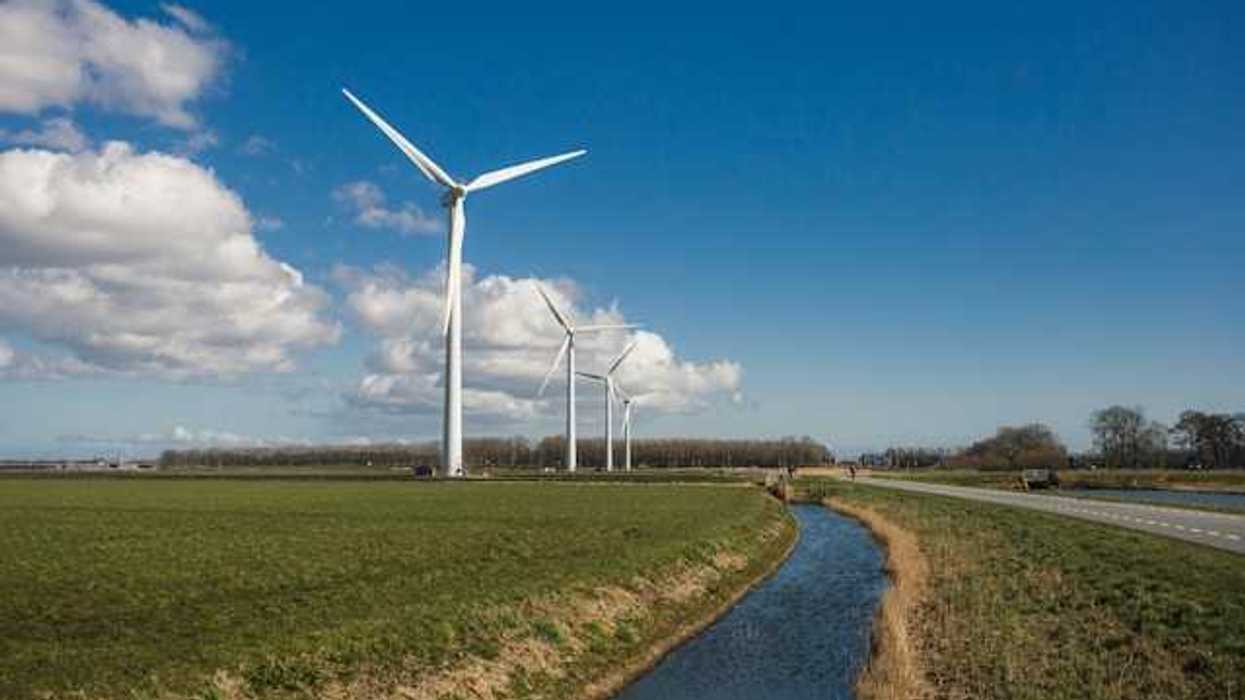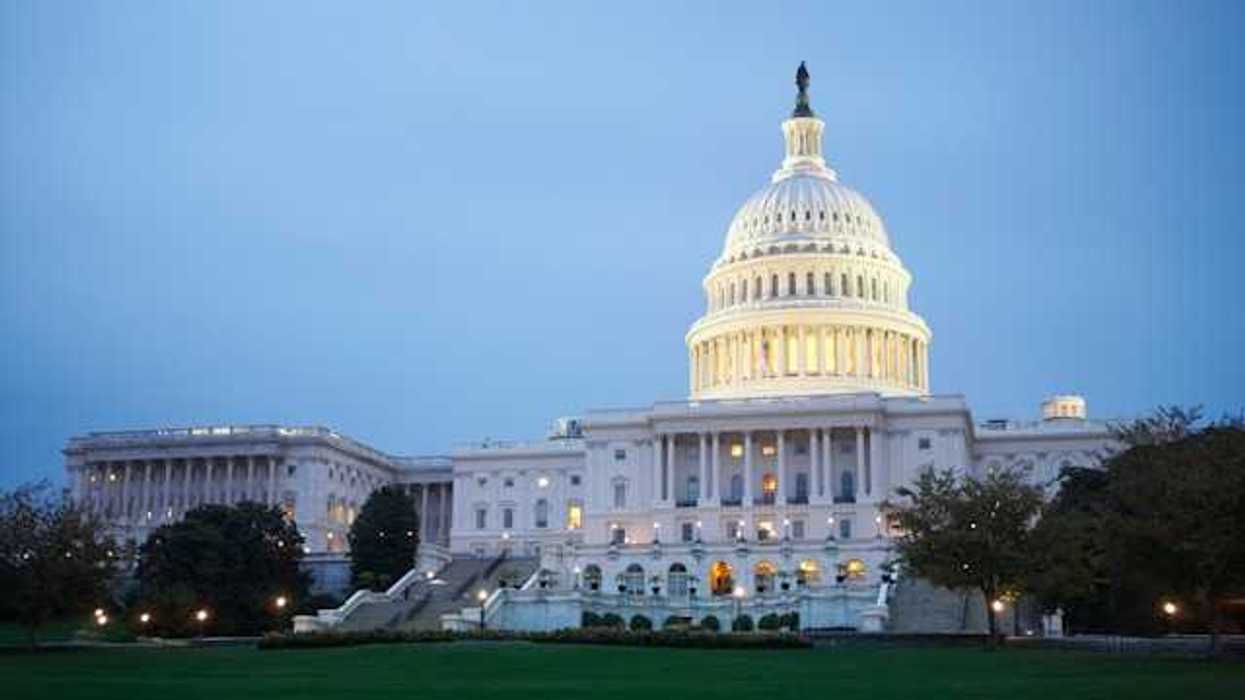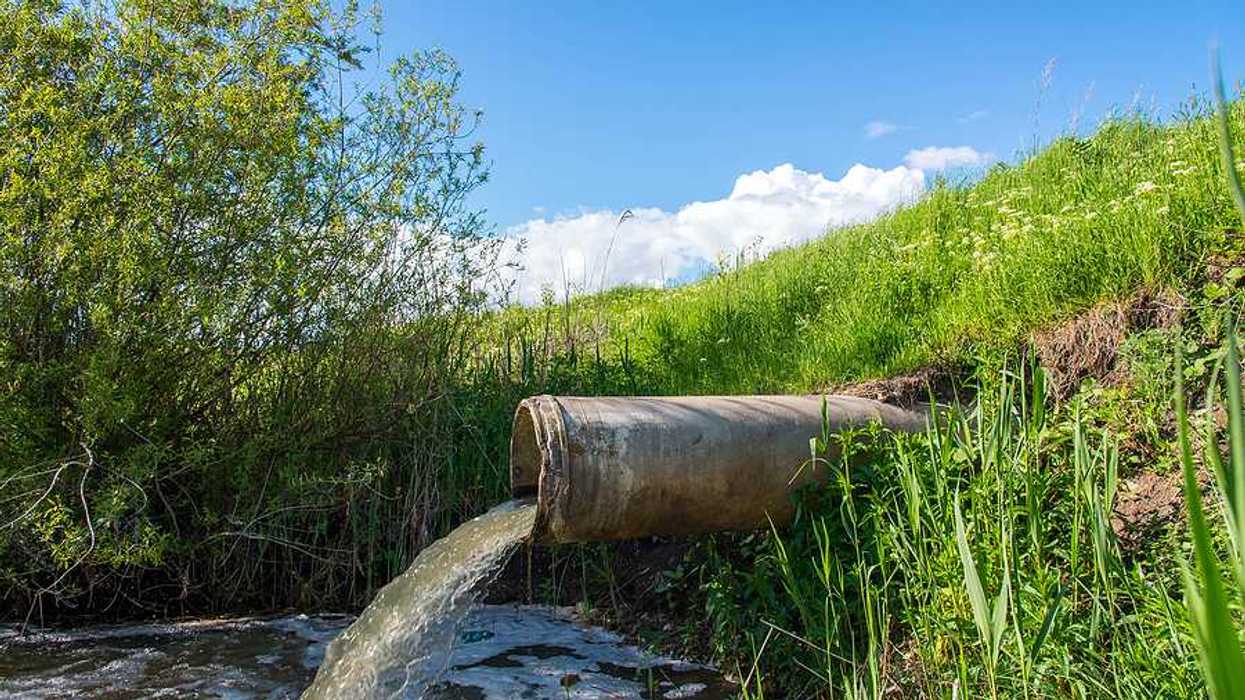The underground networks of plant roots and fungi are proving to be essential in sequestering carbon in the soil, according to recent studies.
Matt Reynolds reports for Wired.
In short:
- Kew Gardens' fungarium, the world's largest collection of fungi, showcases the biodiversity and ecological importance of fungi.
- Mycologist Laura Martinez-Suz's research reveals that fungi, particularly mycorrhizal types, are crucial for carbon storage in soils, influencing the effectiveness of reforestation efforts.
- Nitrogen pollution disrupts beneficial fungi, but reducing pollution levels can help restore these critical networks.
Key quote:
“Replacing the complete set of fungi with other fungi has implications for long-term carbon sequestration in soil and biodiversity.”
— Laura Martinez-Suz, mycologist
Why this matters:
Understanding and protecting fungal networks is useful for improving carbon capture and mitigating climate change impacts, putting a focus on the importance of reducing pollution and supporting biodiversity. Read more: How fungi could help clean up our biggest toxic messes.














